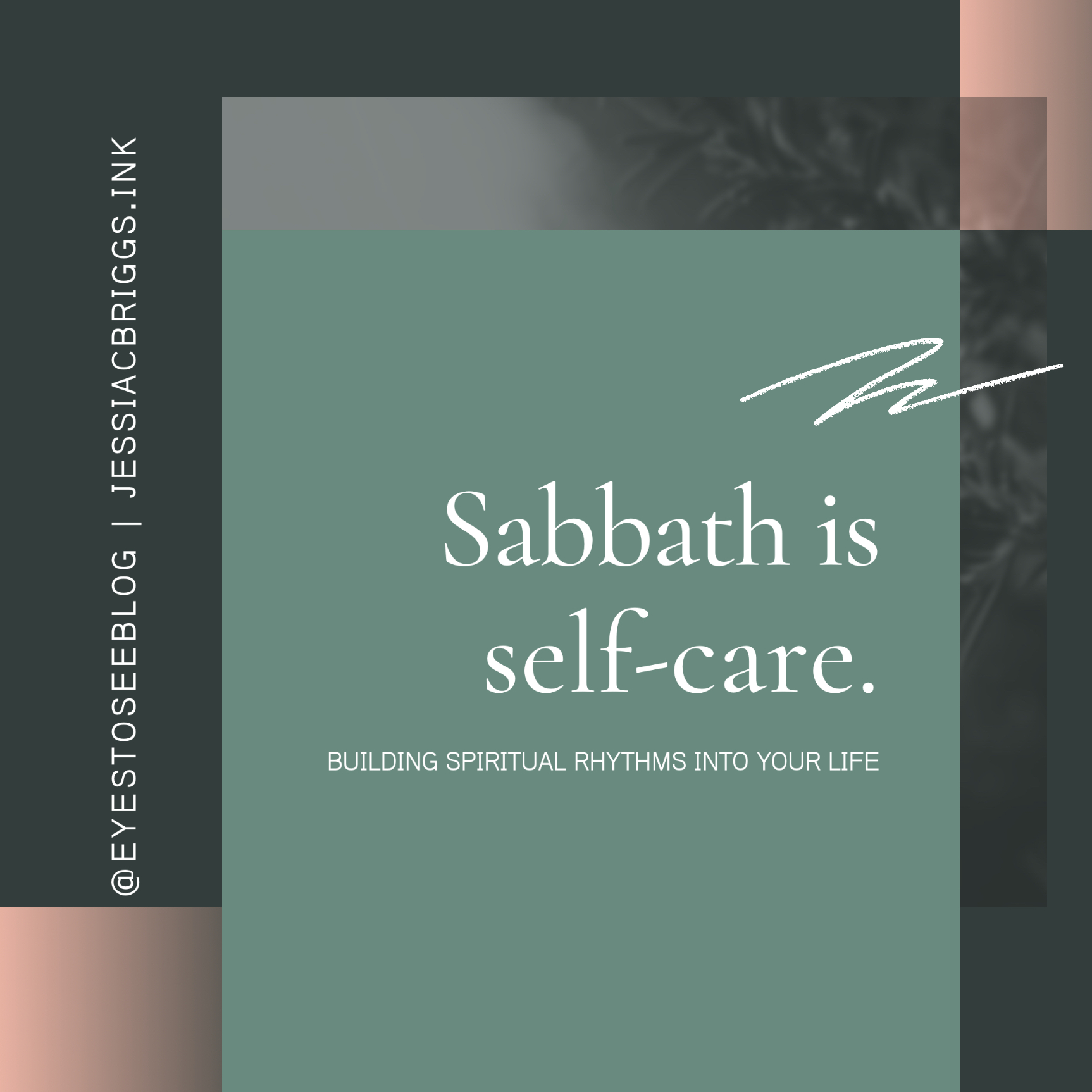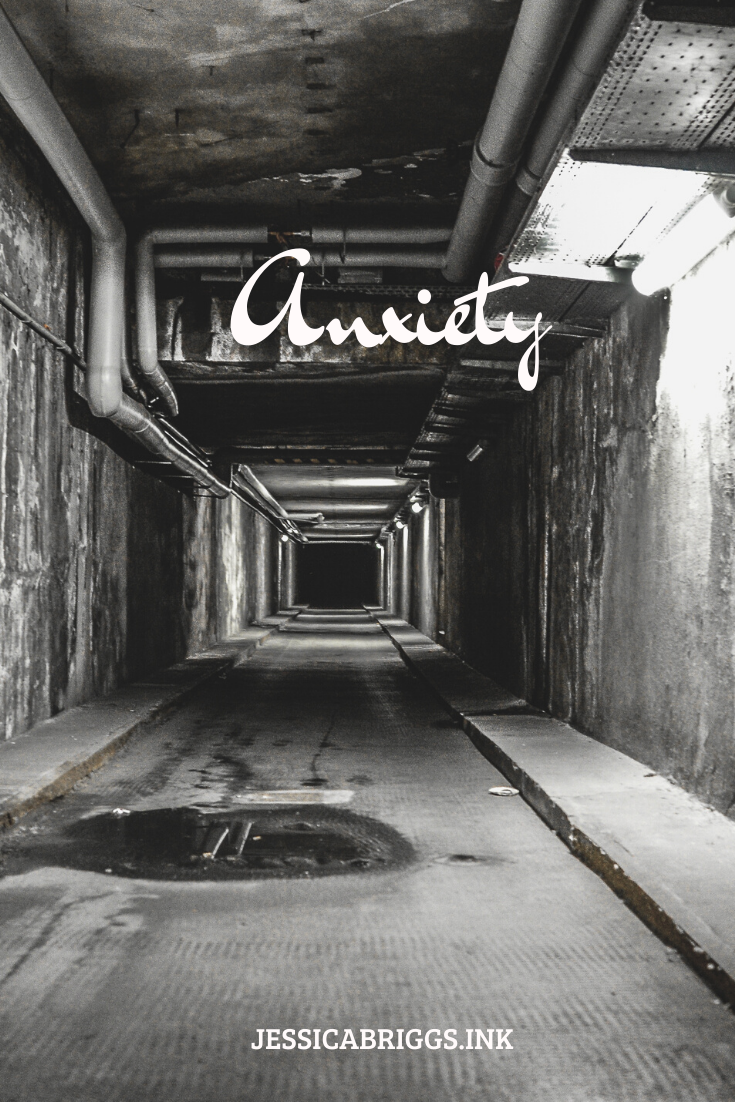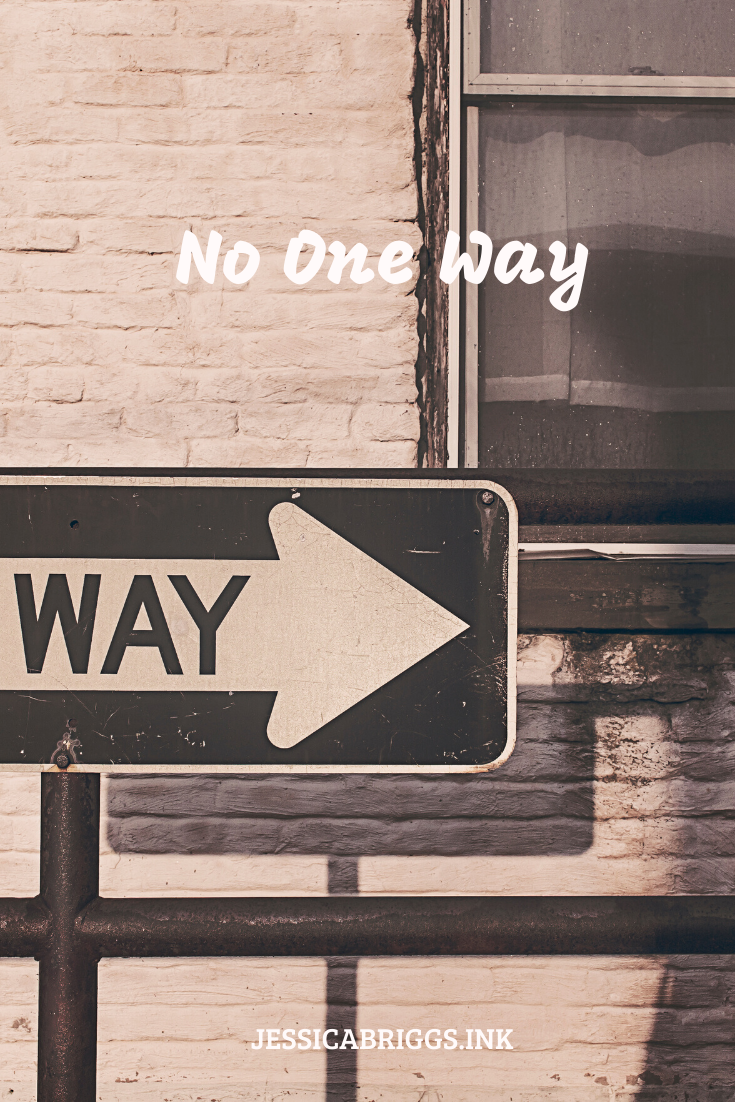America has more brands of Christianity than jeans. You can find a space to practice your faith whether you like liturgy or line upon line, contemporary or traditional worship music, liberal or literal biblical interpretation, and everything in between.
I’ve had a unique exposure to many of the camps of Christianity. I spent the early years of my life in fundamentalism at a small, independent Baptist church. While I have moved past many of the rules and regulations of those days, I knew the people who influenced my faith truly loved Jesus. They did the best they had with the faith they knew, even if my childhood experience was cloaked in wrong purity messaging and cheesy flannel board stories complete with Bible songs with hand motions. Yet, that same small community showed up, week after week in the pews and sparsely populated Sunday schools. They showed up year after year each summer to host VBS, whether there were 100 children or 20. They brought casseroles and hosted coffee and desserts when our community felt the sting of loss or the shock of tragedy. I learned in those little walls set among farm fields what commitment looked like.
But then life changed.
I spent my early adult years in evangelical and charismatic faith spaces. I lifted my hands in worship. I knelt on my knees and wept and confessed my sin at the altar. I prayed to speak in tongues. I’ve been prophesied over, received words of knowledge, and seen God do miracles through every day moments of life. Like that one time, when friends handed us a Christmas card. When we opened it hours later, we were dumbfounded to find exactly enough money nestled in that card to cover our mortgage. Literally no one knew Art and I were broke and both unemployed- but those little moments bolstered my faith in Christ. I learned from a decade in that community to keep the faith, to believe in a God who is bigger than we can fathom and to never be afraid to take Him out of the box.
But then, life changed again, and it was a painful adjustment in my life.
While everything crumbled around me, I just couldn’t find a place of worship that felt right. You see, God led me to the desert and even though I came kicking, screaming and hurting, I graciously found springs of living water. Those life-giving waters were women who through their humanity, shared pieces of their shattered hearts so freely. Those warrior women were healing and balm to my heart. They encouraged me to continue the race and keep the faith. They were my Christ. They were my church and their testimonies and struggles restored in me strength to forgive, desire to grow, and bravery to throw off entanglements. I began to walk on the waters slowly, trusting God even in my uncertainty. Each little step, women encouraged me profoundly, cheering me on and giving me the joy. My church encouraged me to lead, and even honored my words and leadership with mutual affection. Some of those women took the torch from my hand and continued the race when life again brought change. They walked me to the edge of the desert and into a wide open space through weekly rhythms of singing together, praying together, wondering and doubting together, confessing, praising and rejoicing together. I realized after two and a half years in my desert, that God led me there because He was there. His presence was with me in the gentle faces and hugs, just as tangibly as He was present with Jesus in the desert. God showed me his loving kindness. He restored in me the joy of my salvation. He reminded me that I had value even though my identity and everything had changed. He gave me companionship with those women, never leaving me alone. I learned what God alone looked like, tearing down the idols I had been so comfortable with, like traditional church and ministry and busyness and distraction.
And life changed, but this time for the good.
I find myself currently in more open, affirming faith circles. Practice of stillness, time in awe of nature and quietness are vital to my journey with God. I enjoy using ancient paths and prayers to connect with God. I find liturgy and tradition to be like a familiar old friend, walking alongside me to provide great comfort to my soul. I have found God in unexpected places, even deep within myself after suppressing my inward thoughts and being. In this season, I am learning to truly believe God is good, and His goodness can be seen everywhere and in everyone, if we only have the eyes to see.
The fact is, there’s a common denominator in my story, and likely in yours, too. There isn’t one way to walk out faith. The accounts in scripture aren’t meant to be a dictating rule book; they are meant to show that each person is free to live and encounter God uniquely. Each story isn’t replicated. How boring would that be if everyone got swallowed by a great fish? Or if everyone got met at a well? The diversity we find in the pages of scripture and time show us that each expression of faith, each human heart, cannot be ranked as “better” or “best.” They are simply pilgrimages, all unique as they pass through mountain tops and valleys. Our lungs and souls experience the climates and elevations differently, and that’s okay.
I’ve learned, and will continue to learn, that the Divine is so tremendous that the Trinity will never fit in our little theology boxes, denominations or understandings. They show up in a variety of places, spaces, voices, people and practices. We must stop railing against each other, arguing about our opinions and stances, our way of scriptural interpretations or our ways of worship. We have to stop saying who’s in and who’s out. We cannot tolerate casting people away from our fellowship and faith groups because they are more conservative or liberal than we are. If the church will survive, then it’s up to each of us to lay down the weapons- yes, even the Bible verses- and to wave a white flag of peace. It’s time to yell ”truce” and see we are not enemies, but brothers and sisters. We’re on the same side. It’s the side of humanness. It’s the side of good.
We are each free to live, move and have our being. It’s time we cheer each other on in that, even if our mountains and racecourses are markedly different. We must change from I focused faith groups to WE focused. After all, it’s what the church is called to do- to deny self and take up the cross of Christ. Follow the Leader, who is gentle and humble in heart. He gives grace upon grace, and even cooks dinner for those who blatantly oppose and deny Him, giving the benefit of the doubt and countless second-chances. Go and do likewise.


